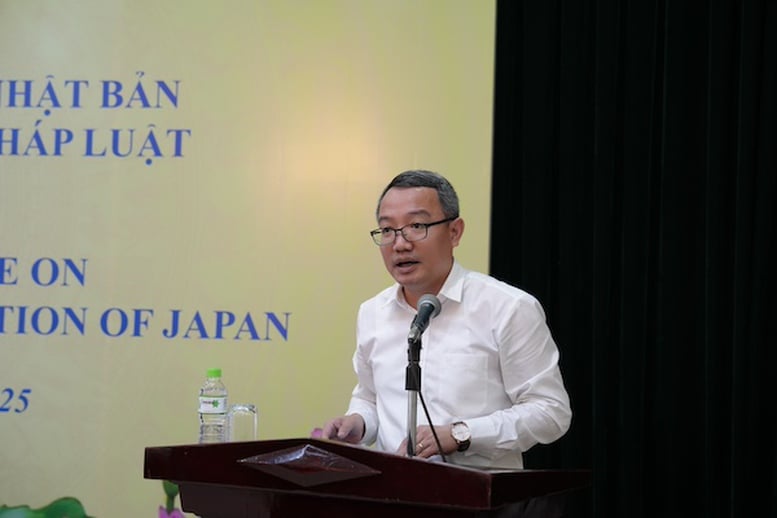
Director of the Department of Document Inspection and Administrative Violations Management ( Ministry of Justice ) Ho Quang Huy speaks at the Workshop. Photo: VGP/DA
Speaking at the workshop with the theme "Sharing Japan's experience in organizing law enforcement" organized by the Ministry of Justice in coordination with the Japan International Cooperation Agency (JICA), Director of the Department of Document Inspection and Administrative Violations Handling (Ministry of Justice) Ho Quang Huy said that building and organizing law enforcement are two tasks that the Party and State pay special attention to, playing a key role in building a socialist rule-of-law state of the people, by the people and for the people.
It can be said that, up to now, the political and legal basis for innovation and improvement of the effectiveness of law enforcement organization has been relatively complete. Resolutions of the Politburo and the Government have set out many tasks and solutions to create breakthroughs in law enforcement organization, ensuring that laws are implemented fairly, strictly, consistently, promptly, effectively and efficiently; closely linking law making and enforcement.
However, the work of organizing law enforcement still has some limitations and shortcomings such as the debt situation of issuing detailed regulations has not been thoroughly resolved; the work of disseminating and educating the law is still scattered, lacking focus and key points, sometimes not promptly disseminating issues of public concern; the organization, staffing and funding in the work of organizing law enforcement are still limited.
Meanwhile, the quality of the legal system is not really uniform among fields, causing difficulties in organizing and monitoring law enforcement. The awareness of compliance and understanding of the law of some cadres, civil servants, individuals, agencies and organizations is still limited. There is a phenomenon of shirking responsibility in organizing and monitoring law enforcement. The application of information technology in organizing and monitoring law enforcement is still modest, and the effectiveness in responding to policies has not met expectations.
Discussing solutions to improve the effectiveness of law enforcement, Prof. Dr. Hoang Thi Kim Que, University of Law, Hanoi National University, said that there are 3 issues in developing a set of criteria to evaluate the effectiveness of law enforcement organizations. That is, how to make law enforcement organizations no longer a weak link; how to make supervision and inspection work not an end in itself but must bring about effectiveness and solutions; the context of law enforcement organizations - opportunities and challenges.
In organizing law enforcement, Professor Dr. Hoang Thi Kim Que assessed that state administrative agencies have a "dual" role and responsibility because state administrative agencies directly implement (comply with, implement) policies and laws and organize other subjects to comply with and abide by the law. According to Ms. Kim Que, the set of assessment criteria needs to meet a number of basic requirements such as being comprehensive, multi-dimensional, multi-subject; must cover the level of compliance and culture of law compliance.
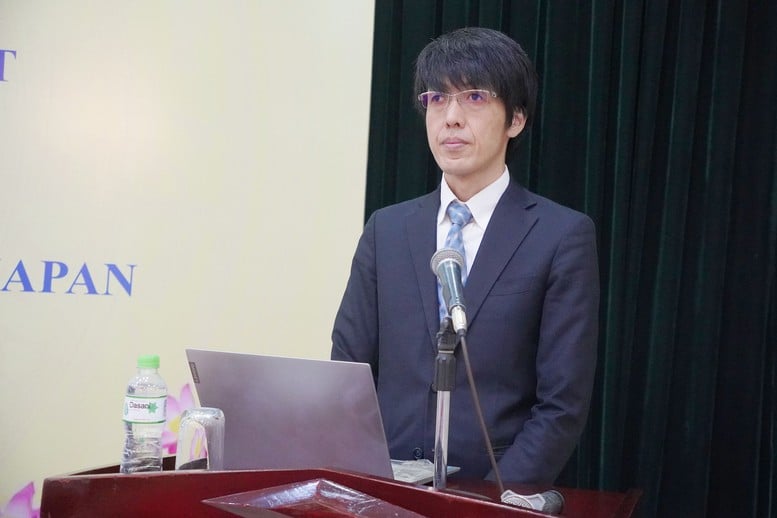
Mr. Onishi Hiromichi, Long-term Expert of JICA Project in Vietnam, discussed at the Workshop. Photo: VGP/DA
Sharing experiences from Japan, Mr. Onishi Hiromichi, long-term expert of JICA Project in Vietnam, said that in Japan, law enforcement is carried out by ministries and branches. Ministers of ministries, chairmen of committees and directors of departments can issue notices in case it is necessary to publicly announce the work under the management of that agency; can issue instructions or circulars to agencies and civil servants under their management to give orders or instructions related to the work under the management of their agencies.
According to Mr. Onishi Hiromichi, building and evaluating policies according to a flexible model aims to escape the concept of "absolutely no mistakes" in administration.
Japan is in an era of rapid environmental change through the vigorous development of digital transformation. Social problems are becoming more complex and difficult, leading to a situation where it is difficult to predict the future. However, even in such circumstances, the administration must respond and resolve diverse social problems in a timely and accurate manner.
Based on the current situation of law enforcement organization in the locality, Deputy Director of the Department of Justice of Quang Ninh province Dang Ba Bac recommended that the Ministry of Justice promptly submit to the Government a Decree guiding the implementation of Resolution No. 197/2025/QH15 of the National Assembly on a number of special mechanisms and policies to create breakthroughs in law making and organization; promptly issue a circular guiding a number of provisions of the Law on Promulgation of Legal Documents and the Decree guiding the implementation of the Law to remove difficulties and obstacles for localities.
At the same time, it is recommended that the Ministry of Justice preside over and coordinate with the Ministry of Home Affairs and other ministries and branches to research and propose the issuance of a new Government Decree regulating the functions, tasks, powers and organizational structure of legal organizations, replacing Decree No. 55/2011/ND-CP in the direction of clearly stipulating that specialized agencies under the Provincial People's Committee are responsible for arranging specialized staff to perform legal work...
Dieu Anh
Source: https://baochinhphu.vn/nang-cao-hieu-qua-thi-hanh-phap-luat-tu-kinh-nghiem-quoc-te-1022509301113193.htm






![[Photo] Prime Minister Pham Minh Chinh chairs a meeting of the Government Standing Committee to remove obstacles for projects.](https://vphoto.vietnam.vn/thumb/1200x675/vietnam/resource/IMAGE/2025/10/06/1759768638313_dsc-9023-jpg.webp)
![[Photo] Prime Minister Pham Minh Chinh chaired a meeting of the Steering Committee on the arrangement of public service units under ministries, branches and localities.](https://vphoto.vietnam.vn/thumb/1200x675/vietnam/resource/IMAGE/2025/10/06/1759767137532_dsc-8743-jpg.webp)

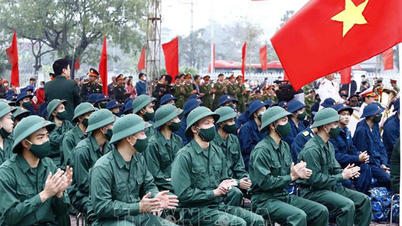



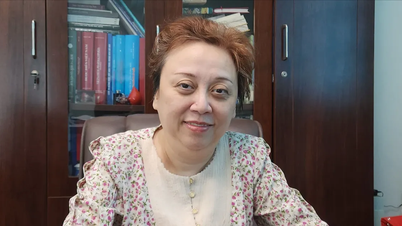

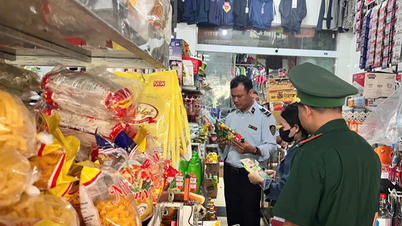






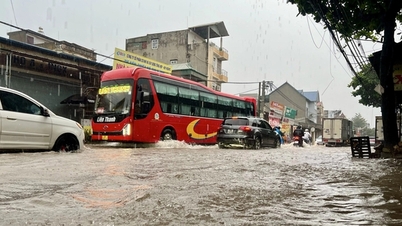
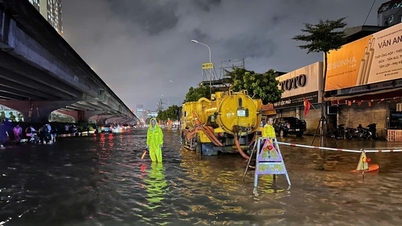


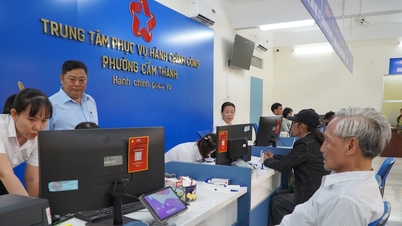








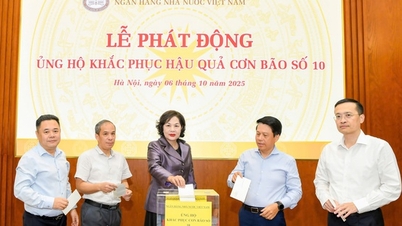
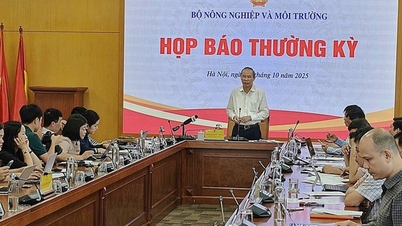

































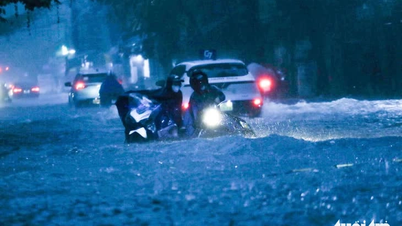











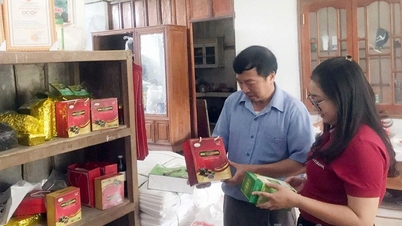




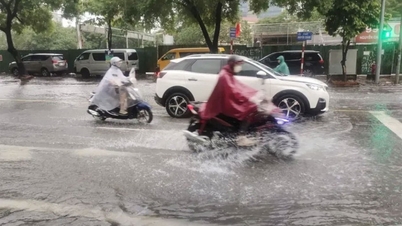


















Comment (0)